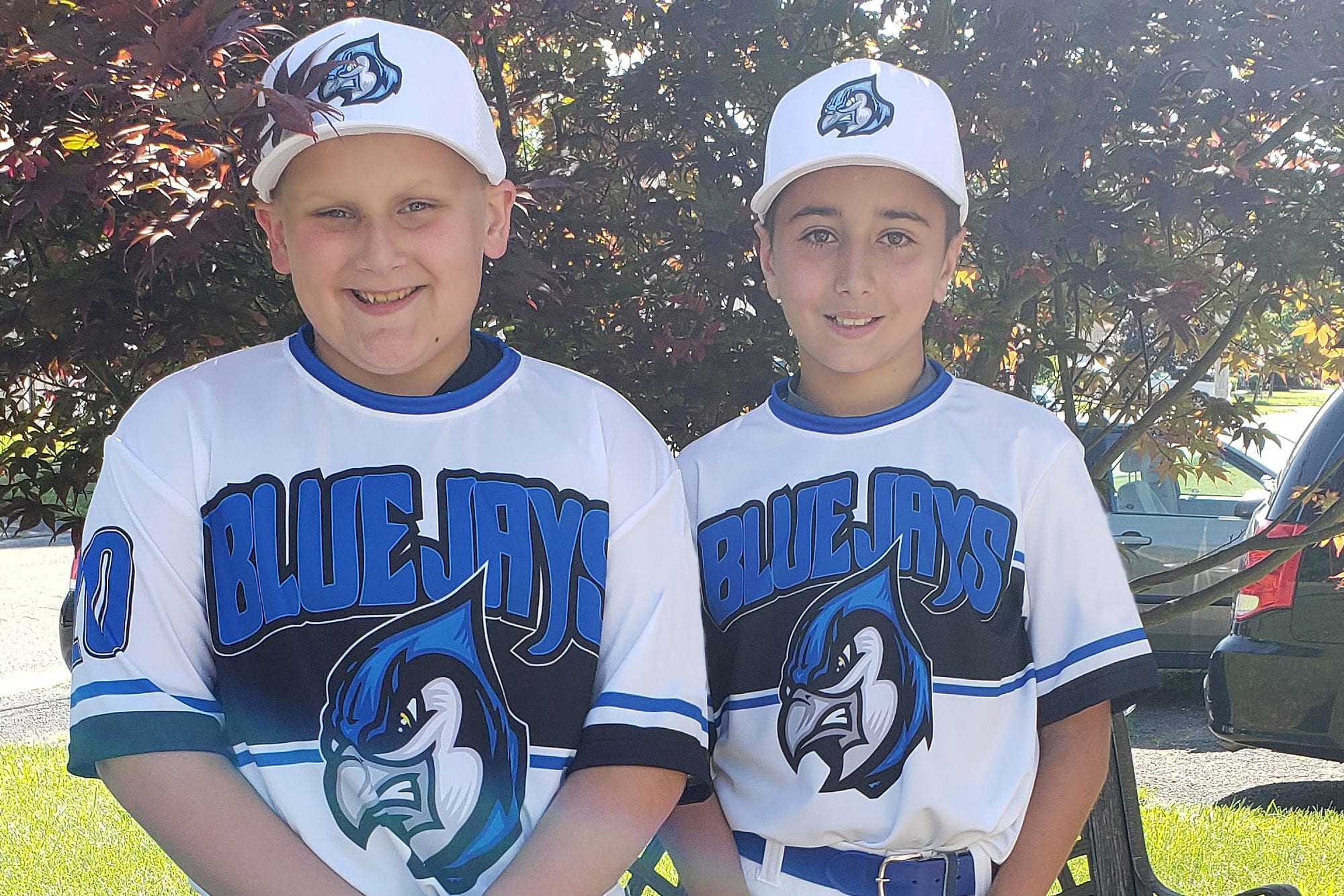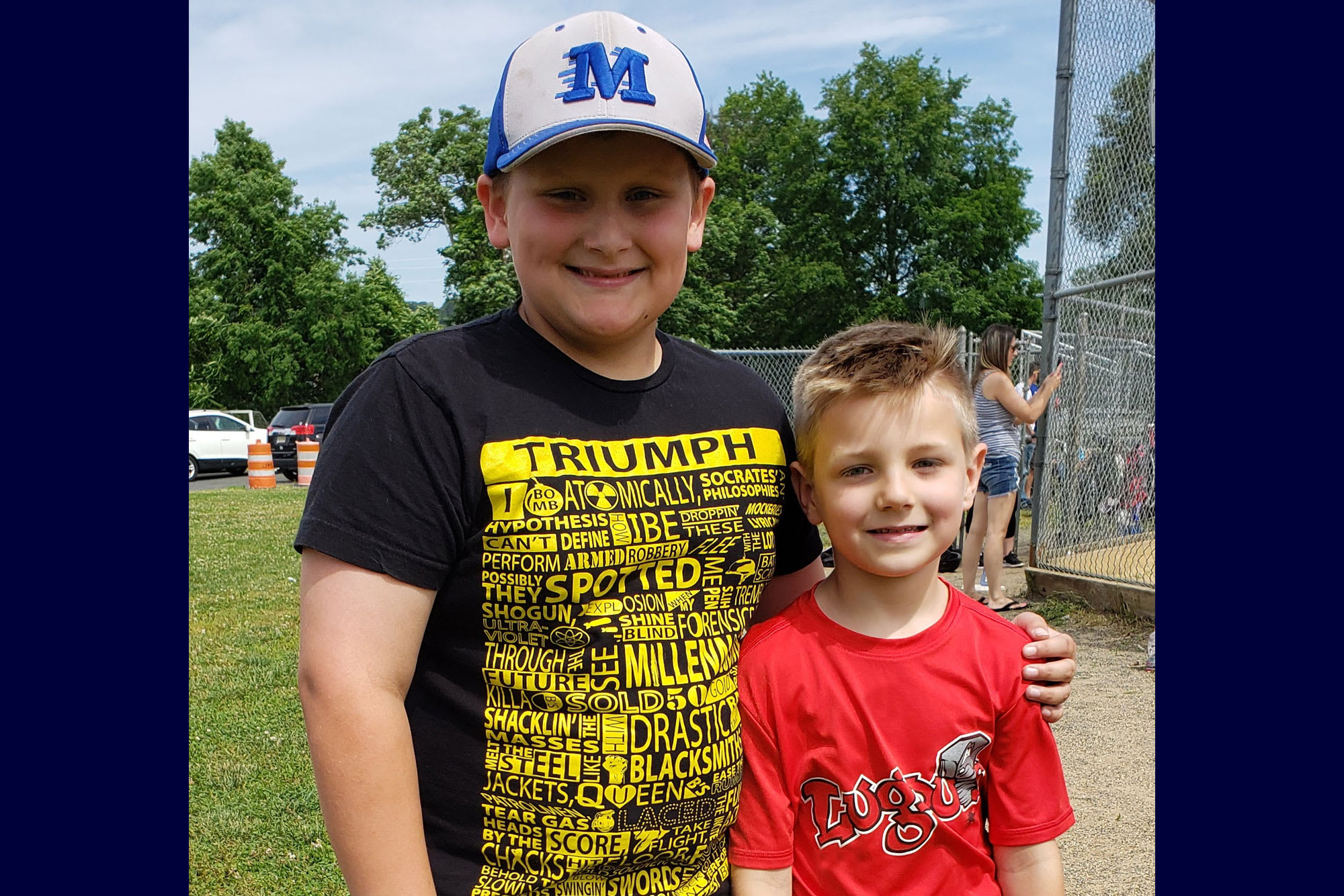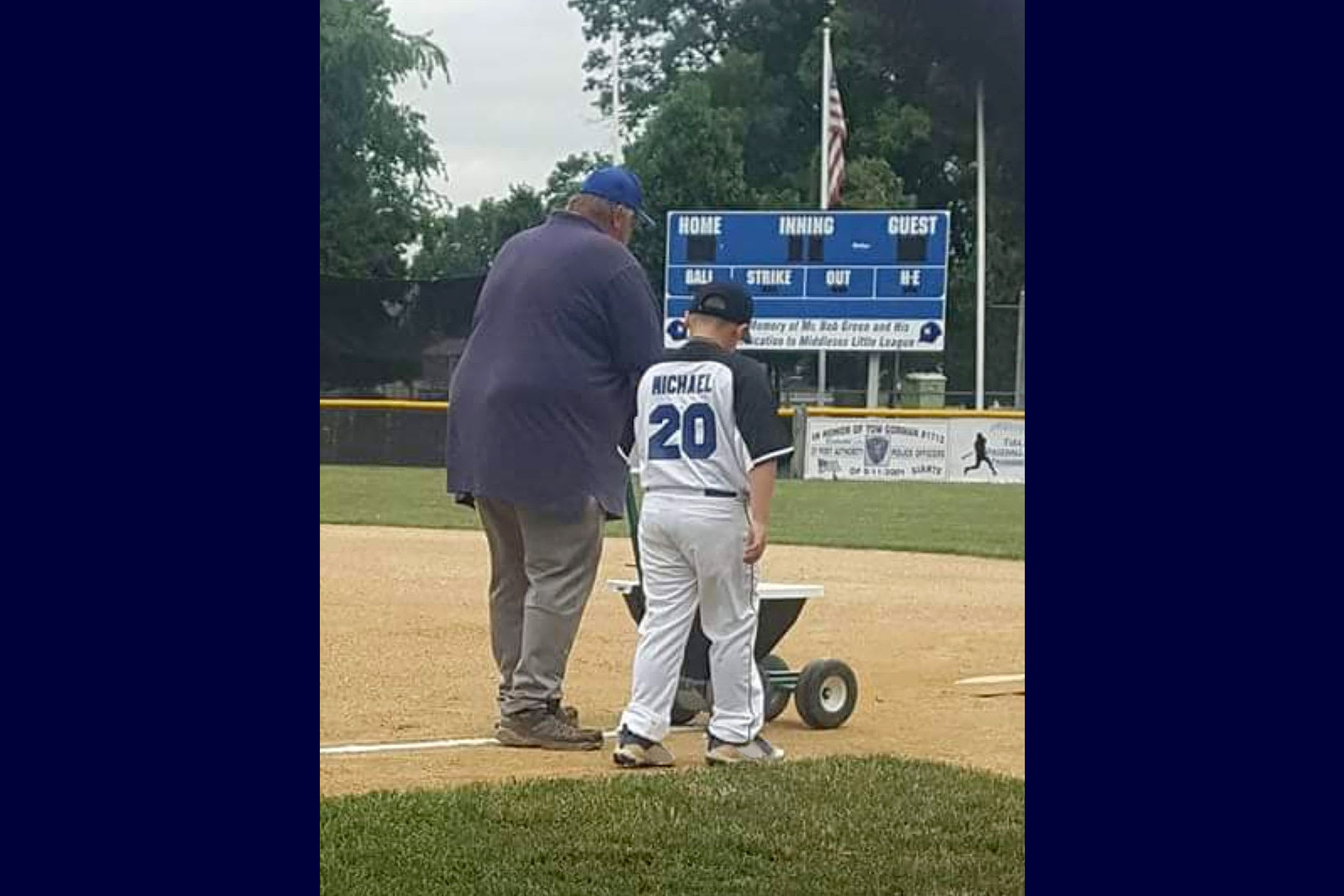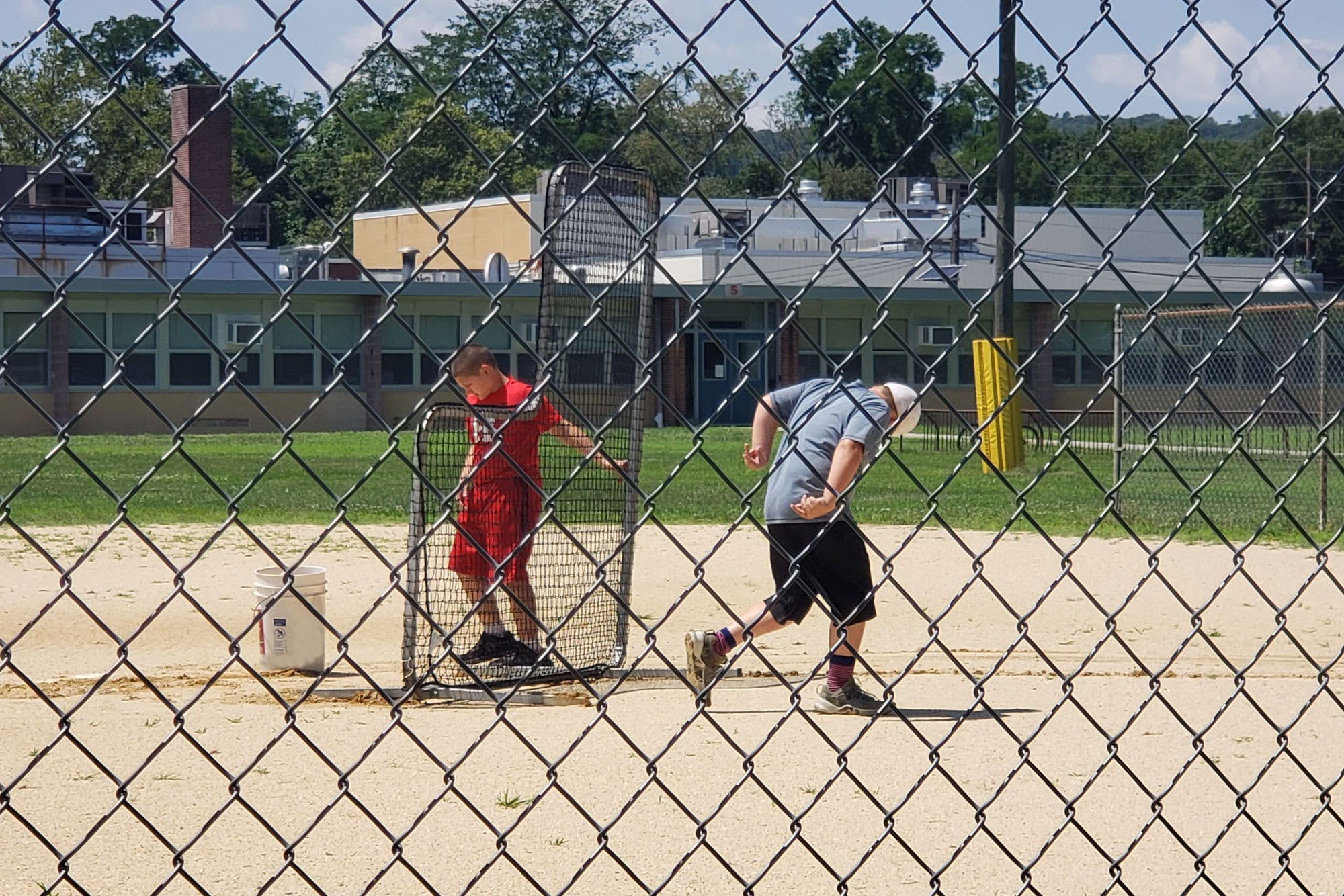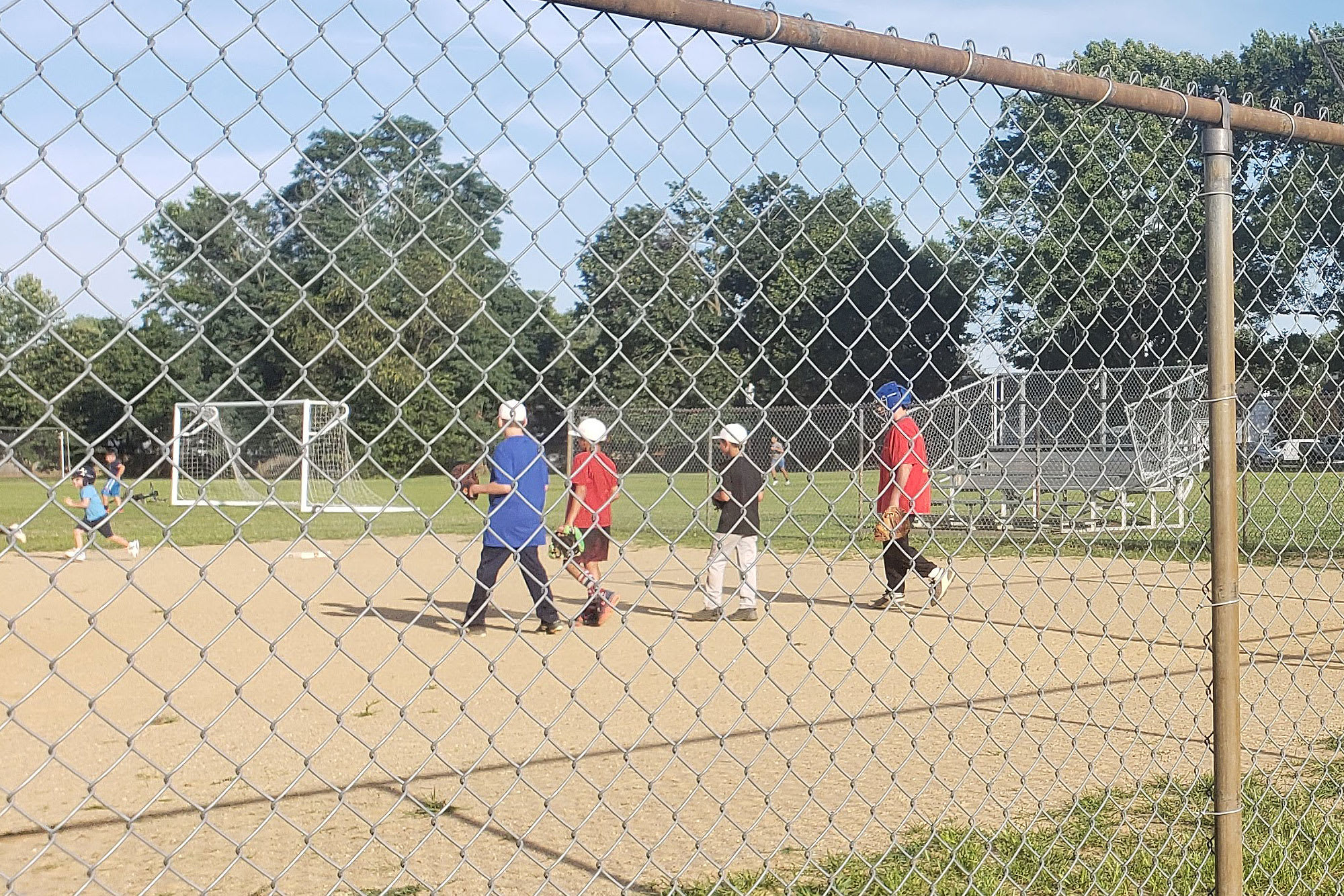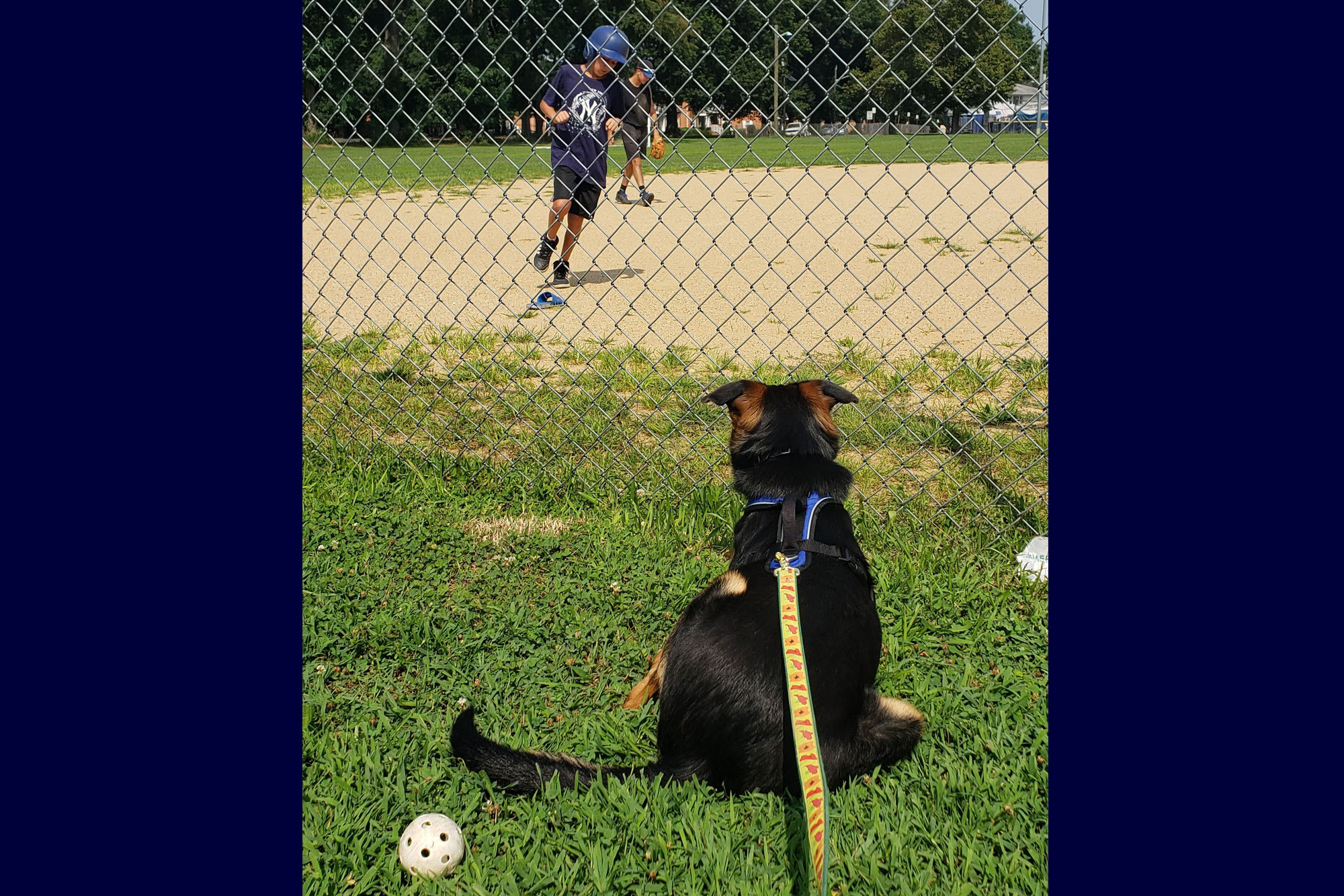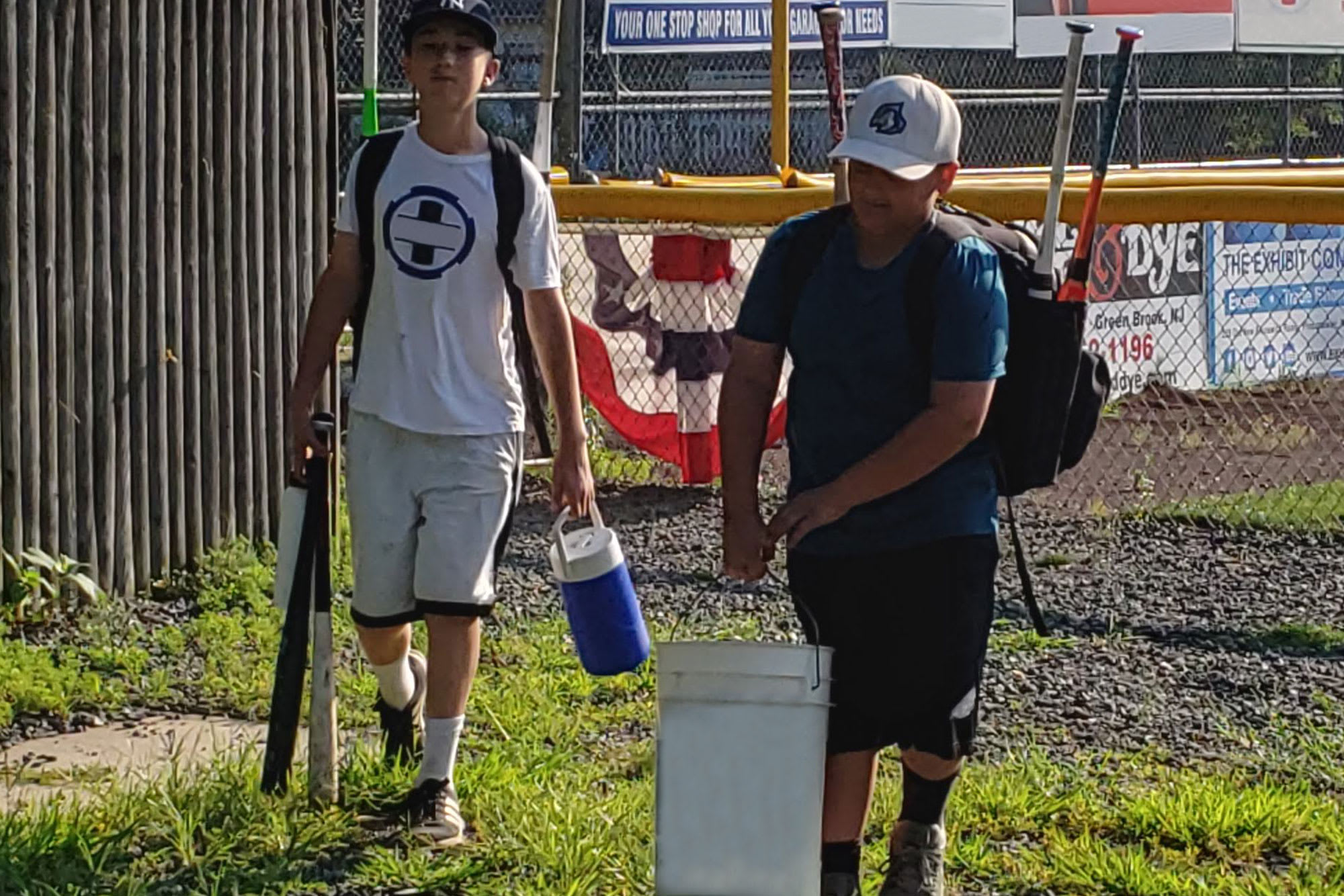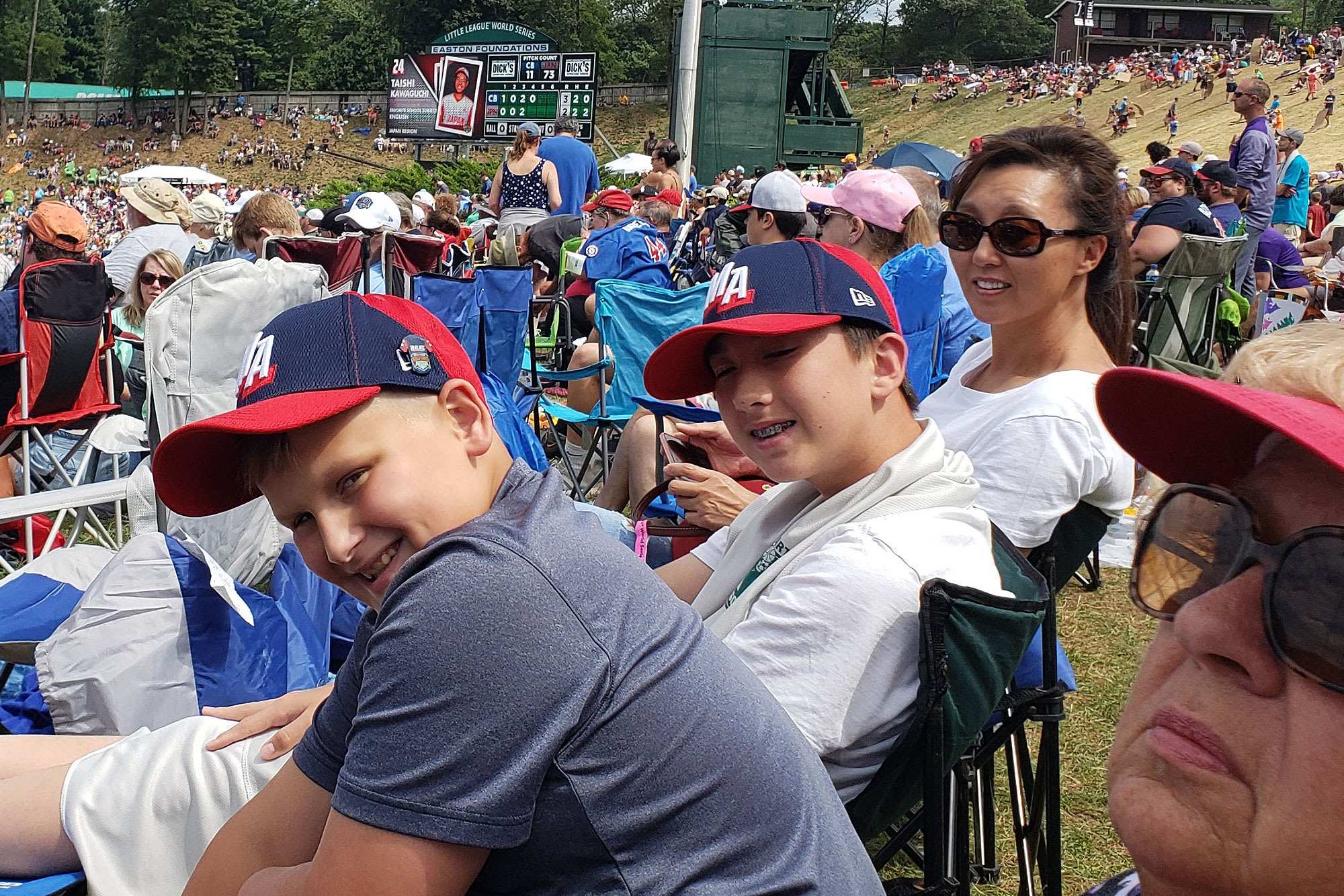By Suzie Michael, Middlesex (N.J.) Little League
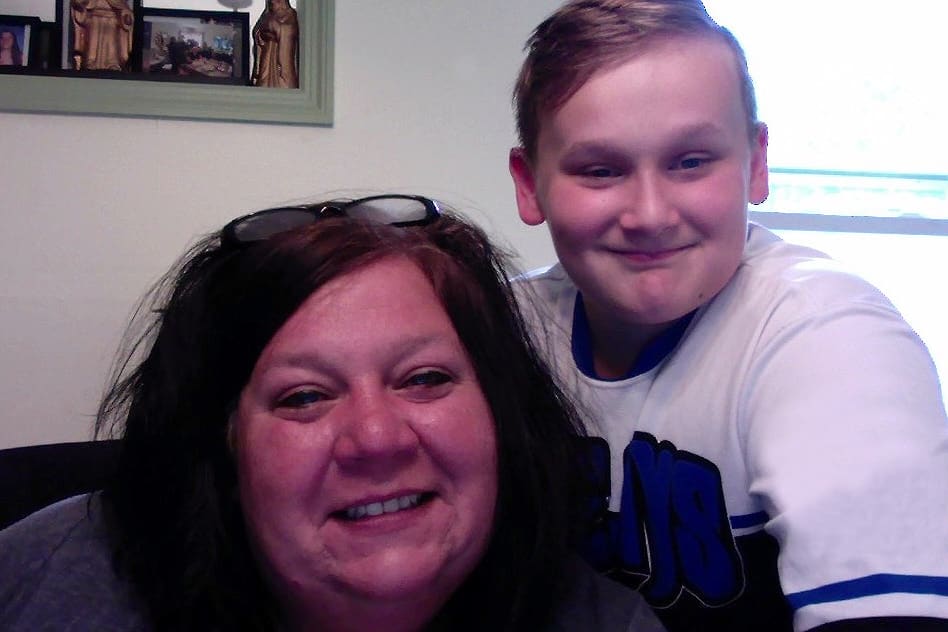
Parents know being in a local Little League® program is more than just showing up to practices, games, fundraisers, or snack shack duty. That’s a given when volunteering. We volunteer to demonstrate to our kids what it means to give back, participate, and gain a sense of community. Those are big things. But the little things are most important to me, like a clean uniform, water, snacks, and conversations – real conversations! Like how to deal with striking out, getting hurt, keeping fit; understanding different team personalities; the importance of perseverance and determination, cheering when winning and losing. Concepts that can leave a lifetime imprint on them what it means to work together.
Right now, the hope of playing on the field gives a sense of normalcy when children are bombarded with despair and loss. Imagine at 12 years old having endured three months inside. No baseball or softball, no sports, no friends to play with, no school, no real-life interactions other than immediate family. It’s devastating, but they still have hope, especially when they practice in the yard.
Coaches reaching out and attending virtual team meetings keep them excited and alive with hope. Little League gives a positive to focus on, getting them off the couch and into the yard. Now, more than ever, Little League serves a higher purpose for them. It’s a sign that better days are coming, ones filled with optimism that they will play again, steal second base, or hit a home run.
Here’s a look into where my mind is at as we face the COVID-19 pandemic one week at a time.
How does my family plan to cope this summer with the uncertainty of what will become the “new normal”?
This summer, we will do what we know, volunteer. My family joined the effort and is helping me make Personal Protection Equipment (PPE) for my work. We will look to find places where we can lend a hand.
In the summer’s past, we ran a sandlot game every Monday night that started after the last Little League district game was played and went through to Labor Day weekend. Without the all-star tournaments, this summer is going to look very different from the past for our players and filling the void is going to be important for their physical as well as mental health.
Those sandlot games fostered many long-lasting friendships and teamwork like nothing else could. Kid-run baseball and softball, who could ask for more! We are looking forward to our league’s plan for late spring/summer ball as we cling to hope.
How do I feel about Little League’s position to not have the World Series this summer?
How do you tell the kids who won’t play their 12-year-old year season like they wanted to that now the Little League Baseball® World Series is cancelled too? No games to watch, no hill to slide down (in Williamsport), no teams to cheer on, no collecting pins … Just how will they adjust to the “new normal”?
Things that were taken for granted like going to work and school, eating out, seeing a movie, playing sports, making districts, playing tournaments, even going to Williamsport are not options. We are having conversations with our children to help them understand that it’s not just about them. Yes, they are players, but being on a Little League team teaches more than that. It demonstrates being part of a larger picture is important, displaying sportsmanship and integrity is required, not just ideals. It’s the tough conversations; missed plays, strike outs, the 10-run rule, or the reality they won’t play their 12-year-old tournament season because of a virus. At age 5, they looked to this year, forever… but a virus changed that, and we need to look at the bigger picture: friends, neighbors, and community.
Our response matters. Explaining why they are not playing a regular season, canceling tournaments and championships, and why this year we won’t be taking our trip to Williamsport, are all important conversations. Explaining instead why we’re staying home, social distancing, wearing masks, washing hands, and protecting others are conversations that are also important.
In the end, we are all in this together. That’s the conversation we need to have with them. We can’t focus on what we missed, but what we gain as a community. Everyone matters and as the world takes a breath, we remember what we value most; family and friends.
How does the cancellation of the World Series compare to the gravity of the pandemic situation?
The physical health of our players and league families outweighs playing ball. I am sure it’s not a popular decision to cancel the World Series, but health is the most important thing for everyone: teams, fans, media, everyone who works in the stadium, and the surrounding towns that opens up their doors and parking spots.
I can’t imagine the repercussions a breakout would cause as a result of holding the games. Just leading up to the Series are months of traveling, playing ball, and visiting other towns and communities in district, section, state, and region play. Some have not left their homes in weeks. Right now, most families are focusing on getting back to work, straightening out their finances, mourning their family and friends who have died, and coming to grips with how to go forward in this new masked world.
I know the kids want the games to go on. However, they may not fully understand the big picture of why they can’t. How can we play ball when people are dying around us, losing their income, and struggling with the new restrictions? Living in New Jersey, the second-highest U.S. state for the pandemic, our reality seems almost surreal.
Getting them out there and playing with their local league is a great first step. Enjoying our community and focusing on recovery will lead us to the next step.
What’s it been like not being able to teach, and have the social interaction and comaraderie of Little League? How has the pandemic impact my students and community?
As an educator for more than 26 years, I thought I really had seen just about everything a middle school teacher could see. But watching my students go from kids that were interactive, excited, positive preteens to what I have witnessed every day in the past few months is beyond belief. Some students are taking it like champs and coping while others are hiding and avoiding. I don’t blame them, it’s hard to be involved and present when you think hope is lost. Week after week of extended quarantine and push backs on team sports is devastation for 11- to 13-year-olds. I hear from them all the time about what they have missed; their last at-bat, playing on a team, graduations, and opportunities to shine.
Now, more than ever, teachers and coaches offer them hope. We are consistent cheerleaders for them every day, providing opportunities to contribute in meaningful ways. They miss their friends, teammates, and honestly, miss the thought of safely leaving their homes. The emotional toll this virus and quarantine has brought on them is immeasurable and we are likely to see the effects for a long time to come.
As the adults in their lives, it is important for us all to instill hope, support, and reassurance. This is not summer break for them, it’s a period when they would be doing what they love most outside and together with their friends. It is a loss that we need to help them deal with through good outlets. So, talking up their great efforts, letting them know you understand and are there for them, will be key to the survival of their mental and physical health.
Suzie Michael is the mother of Dalton Michael, a player in the Middlesex (N.J.) Little League. During the COVID-19 Pandemic, Suzie and Dalton have made PPE masks for the COVID-19 frontline workers. Suzie is a Little League Team Mom and a middle school technology teacher for 6th and 8th graders.
